
The 4 Warning Signs Your Body May Show 15 Minutes Before a Stroke – Recognize Them and Call for Help Immediately
A stroke is one of the most dangerous medical emergencies. It can claim a person's life in mere moments if not treated promptly. The good news is: before a stroke occurs, the body often sends out specific warning signs. Recognizing these symptoms early and acting fast can save a life — possibly your own or a loved one’s.
In recent years, the number of people suffering from strokes has been on the rise due to a variety of risk factors including high cholesterol, high blood pressure, and sedentary lifestyles. While strokes are more common in those over 40, they are now increasingly affecting younger individuals as well. That's why awareness is more crucial than ever.
A Real-Life Story: Stroke Caught Just in Time
A woman shared her husband's near-death experience with stroke on a health forum. Here’s her account:
"To all women over 40 or anyone who has loved ones in this age group — especially those with high blood fat levels — please read my story carefully. My husband, who is in his early 40s, had to be rushed to the hospital after showing unexpected symptoms of a stroke. The whole family was in shock. My mother-in-law fainted from fear, and my children cried, terrified they might lose their father. I was paralyzed with confusion and fear, not knowing what was happening."
"The only signs my husband showed before the emergency were mild headaches over the past few days and drooling while sleeping. I even joked with him: ‘You’re turning into a baby again, drooling in your sleep!’"
"My husband has always been healthy — no chronic illness, rarely even catches a cold. So we assumed these were just signs of fatigue or the changing weather. None of us suspected they were actually early symptoms of a life-threatening stroke."
"Fortunately, we reacted in time. Since we live close to the hospital and the roads were clear at night, he received emergency treatment quickly. He survived, and his condition is steadily improving. I’m sharing our story to help others recognize the signs and prevent something similar."
According to the doctors, his stroke was caused by blocked blood vessels, which is common in people with high cholesterol. However, strokes are no longer just a risk for the elderly — young, seemingly healthy individuals are now at risk too. That’s why it’s important for everyone to be informed and proactive.
What Causes a Stroke?
A stroke typically occurs when blood flow to the brain is interrupted due to a blockage (ischemic stroke) or a burst blood vessel (hemorrhagic stroke). Blood vessels are responsible for carrying oxygen and nutrients throughout the body, including the brain. When these vessels are blocked, the affected area of the brain quickly becomes damaged due to lack of oxygen.
Interestingly, these blockages often worsen at night. While we sleep, our metabolic rate and blood circulation slow down. This makes early morning hours especially dangerous for those with hidden blood vessel issues. If you notice unusual symptoms after waking up, you should pay close attention.
4 Early Warning Signs That May Occur Just Minutes Before a Stroke
1. Dizziness and Headaches
Most people dismiss dizziness and headaches as signs of fatigue, stress, or a mild illness. However, if you or someone you know is experiencing sudden, unexplained dizziness or intense headaches, especially early in the morning, it could be a sign of insufficient blood supply to the brain.
When the brain doesn’t receive enough oxygen due to blocked arteries, it reacts with pressure-like pain and imbalance, both of which are key red flags for an impending stroke.
✅ Take Action: Sit or lie down, monitor the symptoms, and call emergency services if the symptoms persist or worsen.
2. Drooling During Sleep
Many think drooling during sleep is harmless, especially among older adults or heavy sleepers. But if this is a new or unusual occurrence, especially in someone who’s never drooled before, it could be due to a neurological issue.
Reduced oxygen supply to the brain can impair the function of the swallowing reflex and facial nerves, causing saliva to pool and leak out during sleep. This may be an early neurological sign of a stroke.
✅ Take Action: If this happens repeatedly over several nights and is accompanied by headaches or numbness, consult a doctor immediately.
3. Weakness or Numbness in Arms or Legs
If you wake up feeling that your arms or legs are unusually weak, numb, or difficult to move, don't ignore it. This could indicate that certain muscles are not receiving enough blood flow or nerve signals.
In a healthy body, rest should leave you feeling refreshed. Waking up with limb weakness is not normal and should be considered a red flag.
✅ Take Action: Try to lift both arms — if one drifts downward involuntarily, this is a classic symptom of stroke. Seek medical attention immediately.
4. Cold Hands and Feet
Feeling cold in your extremities, especially in the morning, may indicate poor blood circulation, which can be caused by blocked arteries. If your hands and feet are cold despite normal room temperature, or they appear pale or bluish, your circulatory system may not be working effectively.
✅ Take Action: Regular cold limbs combined with other symptoms like dizziness or fatigue should not be ignored. See a healthcare provider for a checkup.
Take Your Body’s Signals Seriously
Many people ignore these small signs because they appear harmless at first. But our bodies often whisper before they scream. Recognizing and responding to early warning signs could make the difference between life and death, or between full recovery and lifelong disability.
Stroke is not just an “old person’s disease.” With increased stress, unhealthy diets, and sedentary lifestyles, even young adults are now at risk. Paying attention to your body — especially upon waking — is one of the simplest and most effective forms of prevention.
Final Thoughts
The key to surviving a stroke is early detection and immediate medical intervention. If you notice any of the symptoms mentioned — even just one — take them seriously. Don't wait. Don’t brush it off. It's better to overreact to a false alarm than to miss the only warning sign you'll get.
🧠 Remember the F.A.S.T. Rule for stroke signs:
F – Face drooping
A – Arm weakness
S – Speech difficulty
T – Time to call emergency services
Take care of yourself and your loved ones by staying informed and alert. Your vigilance could save a life.
News in the same category


The washing machine accumulates a lot of dirt and bacteria: Pour 1 bowl of this into the washing drum to make it clean like new, clothes will smell fresh right away

11 health benefits of green bean water, unfortunately many people do not know

These household appliances will quickly break if you use dishwashing liquid to clean them

How to Dry Clothes Quickly and Odor-Free on Damp, Humid Days — No Dryer Needed

Is It Right or Wrong to Place a Washing Machine in the Bathroom? Turns Out, Many People Have Been Mistaken All Along
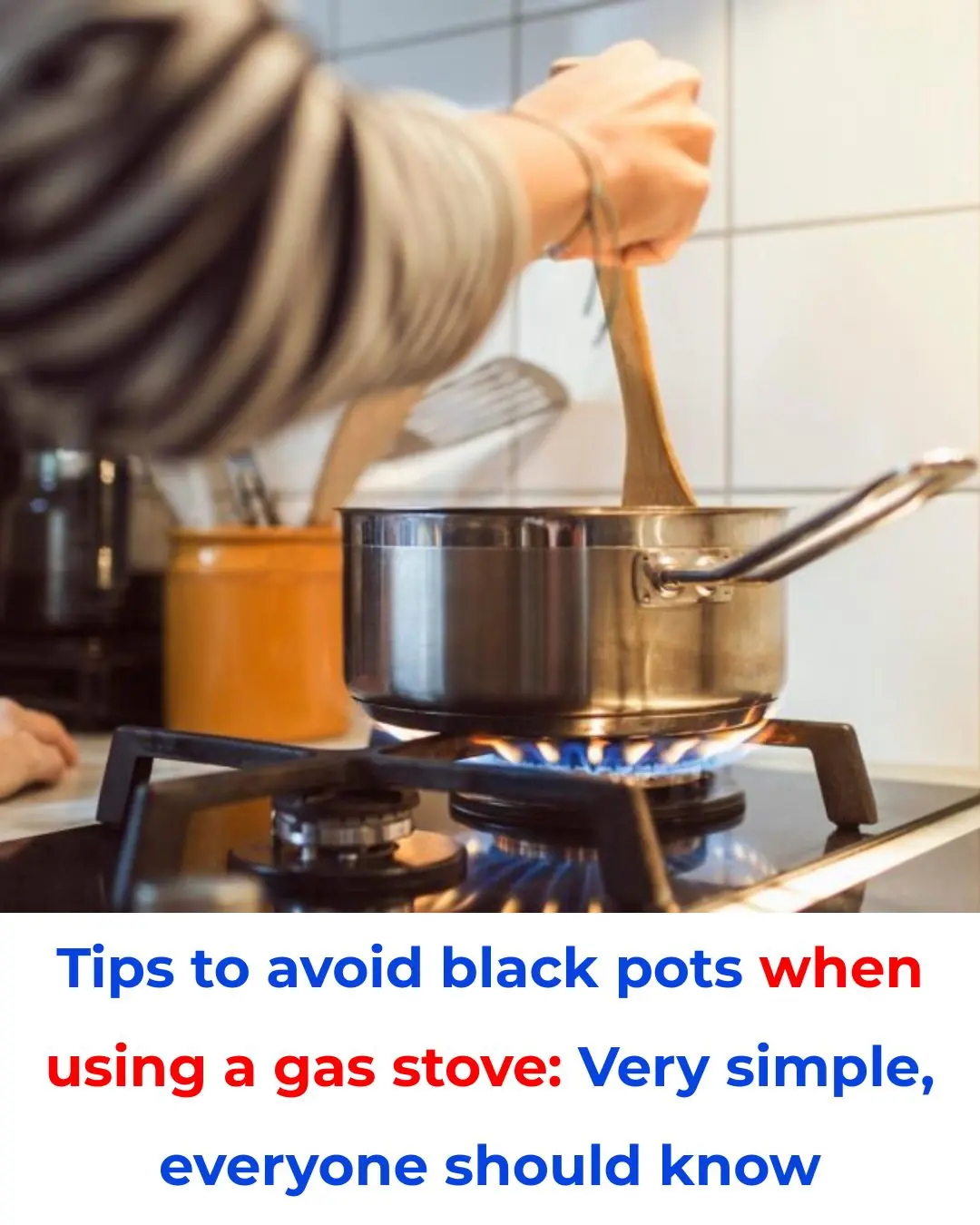
Tips to Prevent Pots from Getting Blackened When Using a Gas Stove: Simple Tricks Everyone Should Know

What Is the Hole on Scissors For? Many Home Cooks Don’t Know This and It’s a Shame!

Why You Should Never Pour Hot Water into Your Kitchen Sink

Squeeze a few drops of lemon into the eggs before frying them in the pan. Unexpected benefits that not everyone knows.

The house is full of dust even though you clean it regularly. Apply these 3 tips and the house will be clean even without cleaning it for a week.

Don't put the plums in the fridge right away after buying them: Do one more step, the plums will stay fresh and delicious all year round, retaining their original flavor.

When filling up gas, don't be foolish enough to say "full tank" or "50k", there are 6 smart ways to save a lot more

Dirty fan without removing the frame or using water: Do this to clean and shine the fan
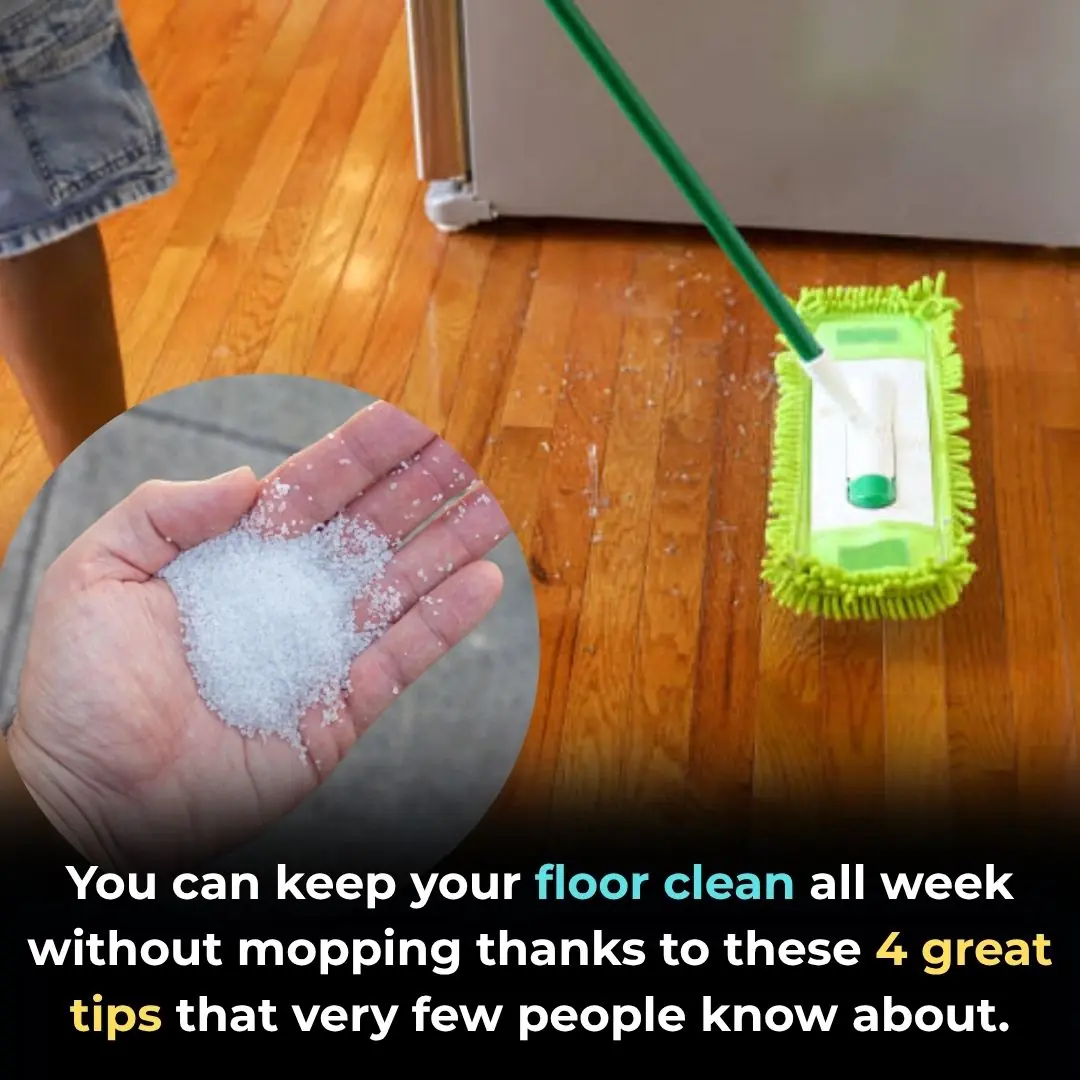
You can keep your floor clean all week without mopping thanks to these 4 great tips that very few people know about.

Tips for choosing ripe, firm watermelons with bright red flesh, sweet and paper-thin flesh

How to wash and condition hair with beer to reduce hair loss and stimulate new hair growth

Don’t Clean Your Rice Cooker with Plain Water: Use This Method to Make It Sparkling Clean in Just 5 Minutes

If you find a roll of toilet paper in your fridge, you had better know what it means
News Post
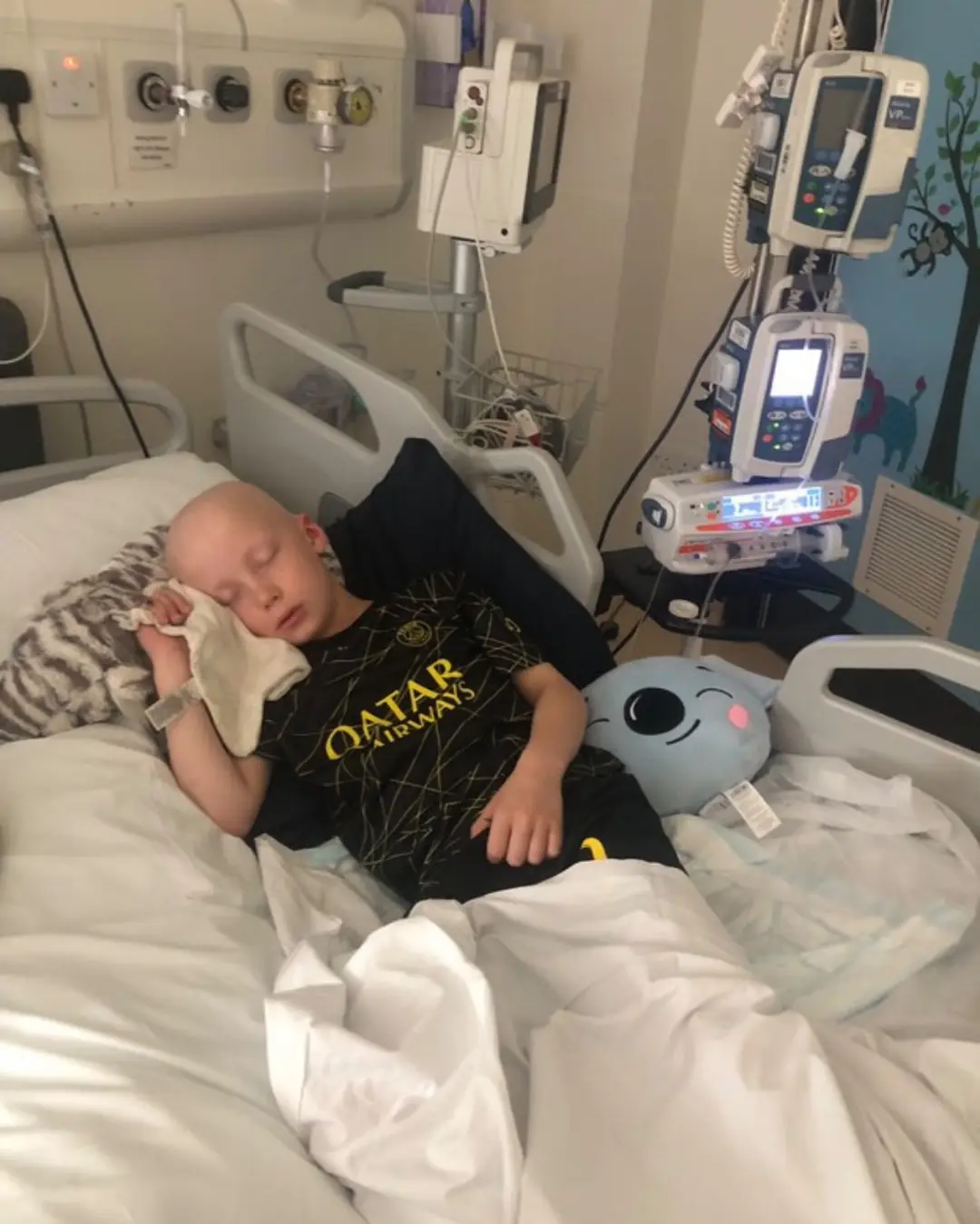
Freddie’s Fight: A Young Warrior’s Journey With Childhood Cancer

Officer Goes Above and Beyond: Turns a Traffic Stop Into a Lesson in Kindness

A Life Saved in the Icy River: When Compassion Transcends Species

Culantro Herb Benefits and Uses: The Powerful Healing Plant You Should Try
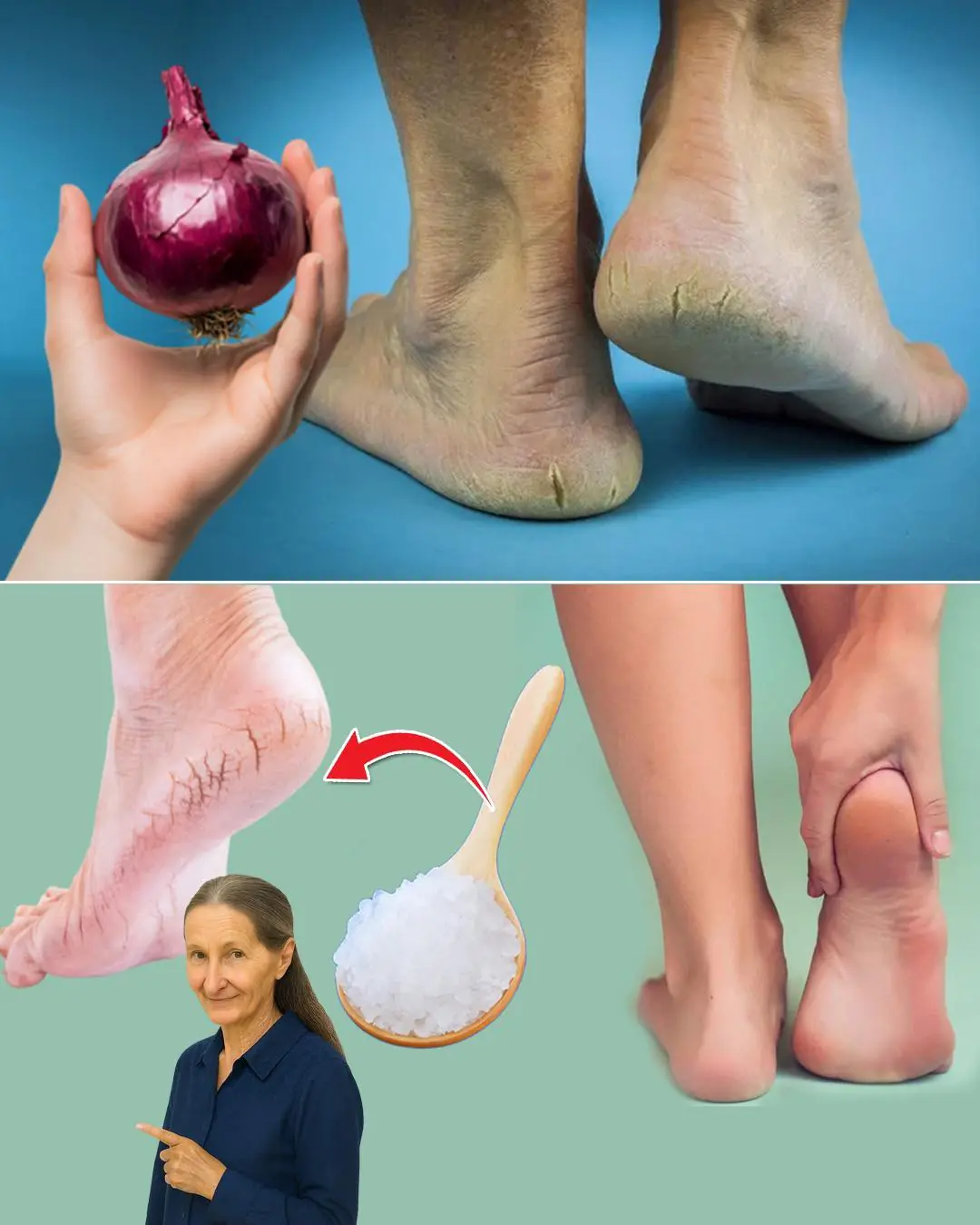
5 Natural Remedies for Cracked Heels: Red Onion, Sea Salt & More
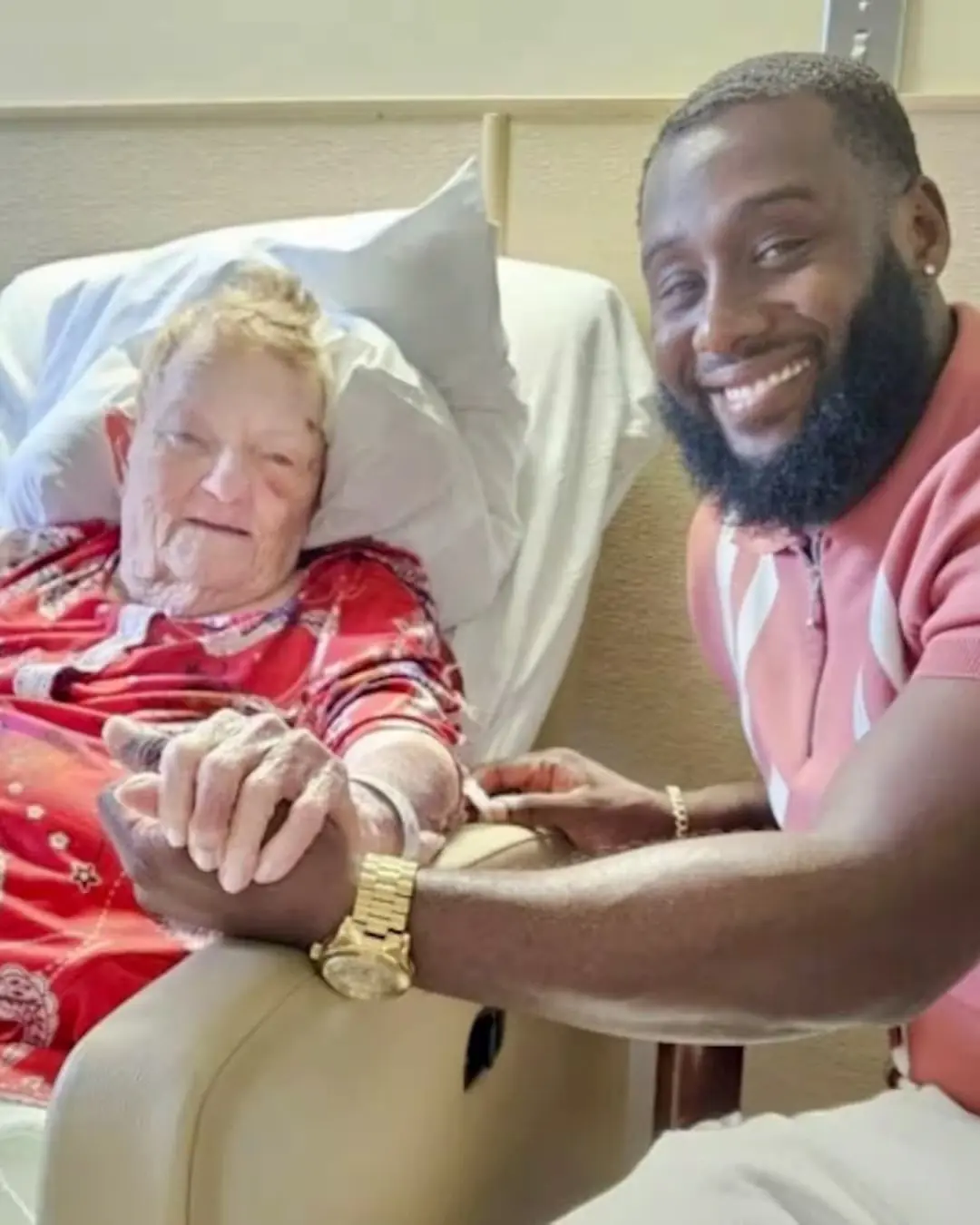
Raheem Cooper: A UPS Driver’s Act of Kindness Saves an Elderly Woman's Life
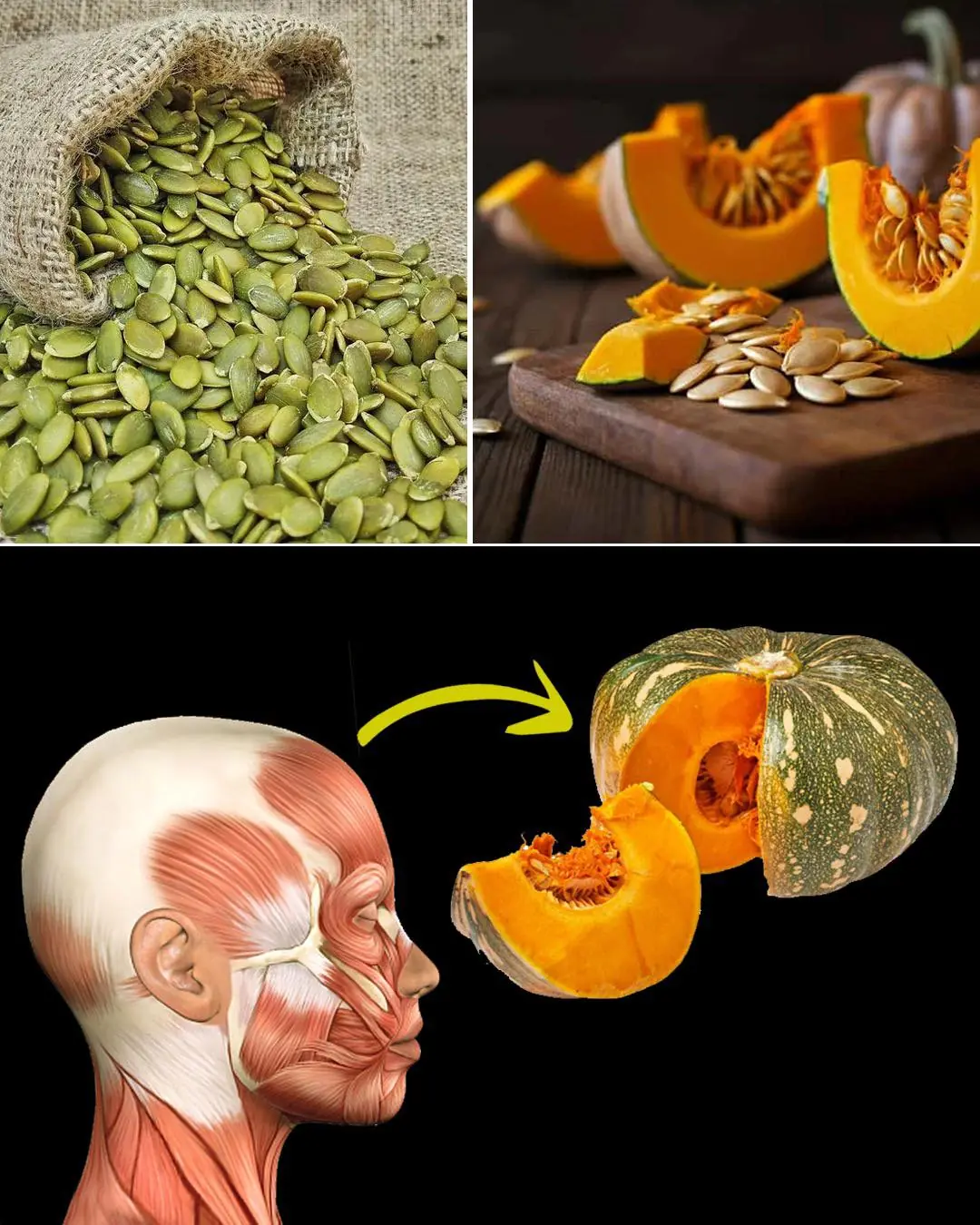
Pumpkin Health Benefits: The Forgotten Superfood You Need Daily
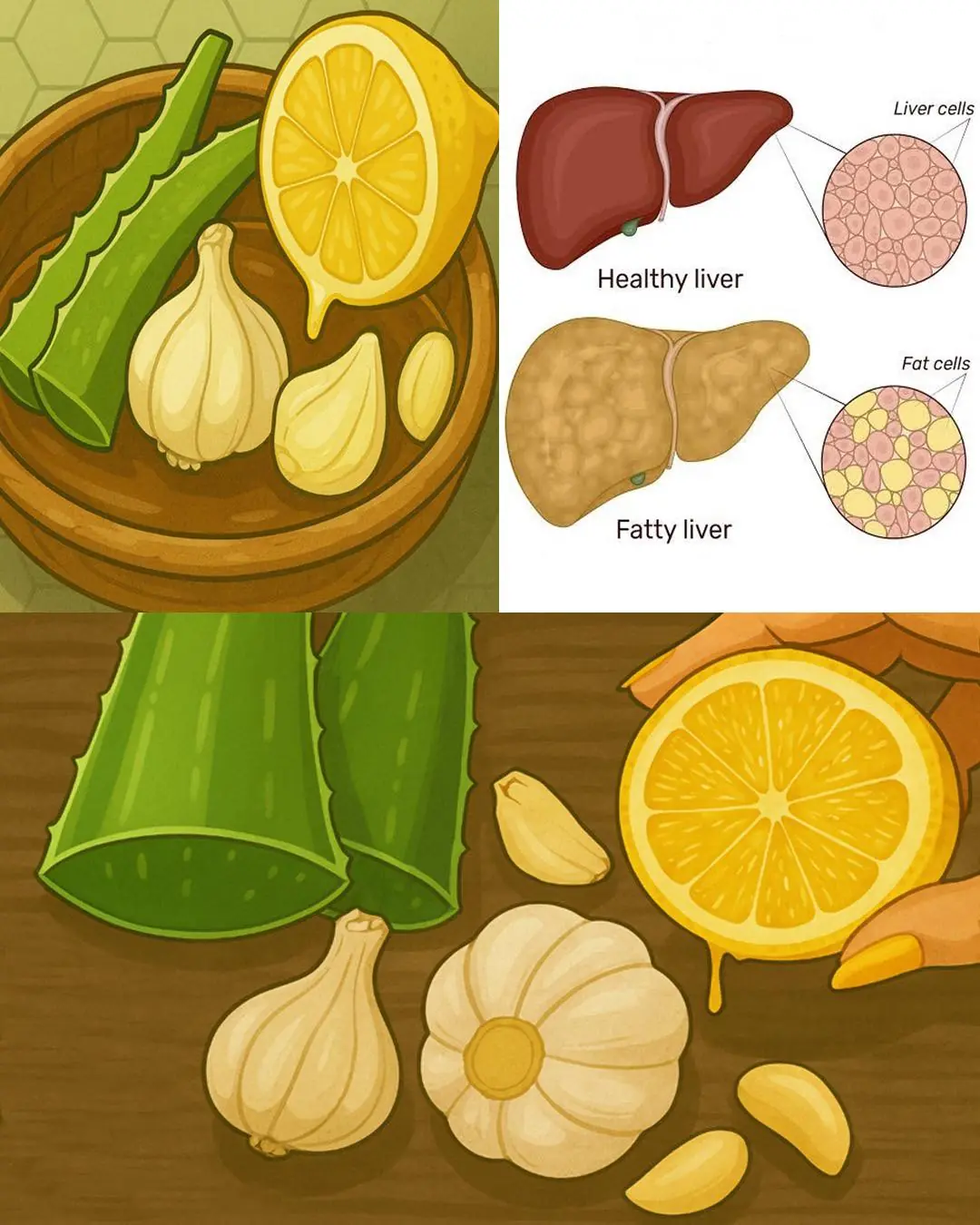
Aloe Vera Super Remedy: Stronger Than Garlic, Lemon, and Fights Bacteria & Fungi Naturally
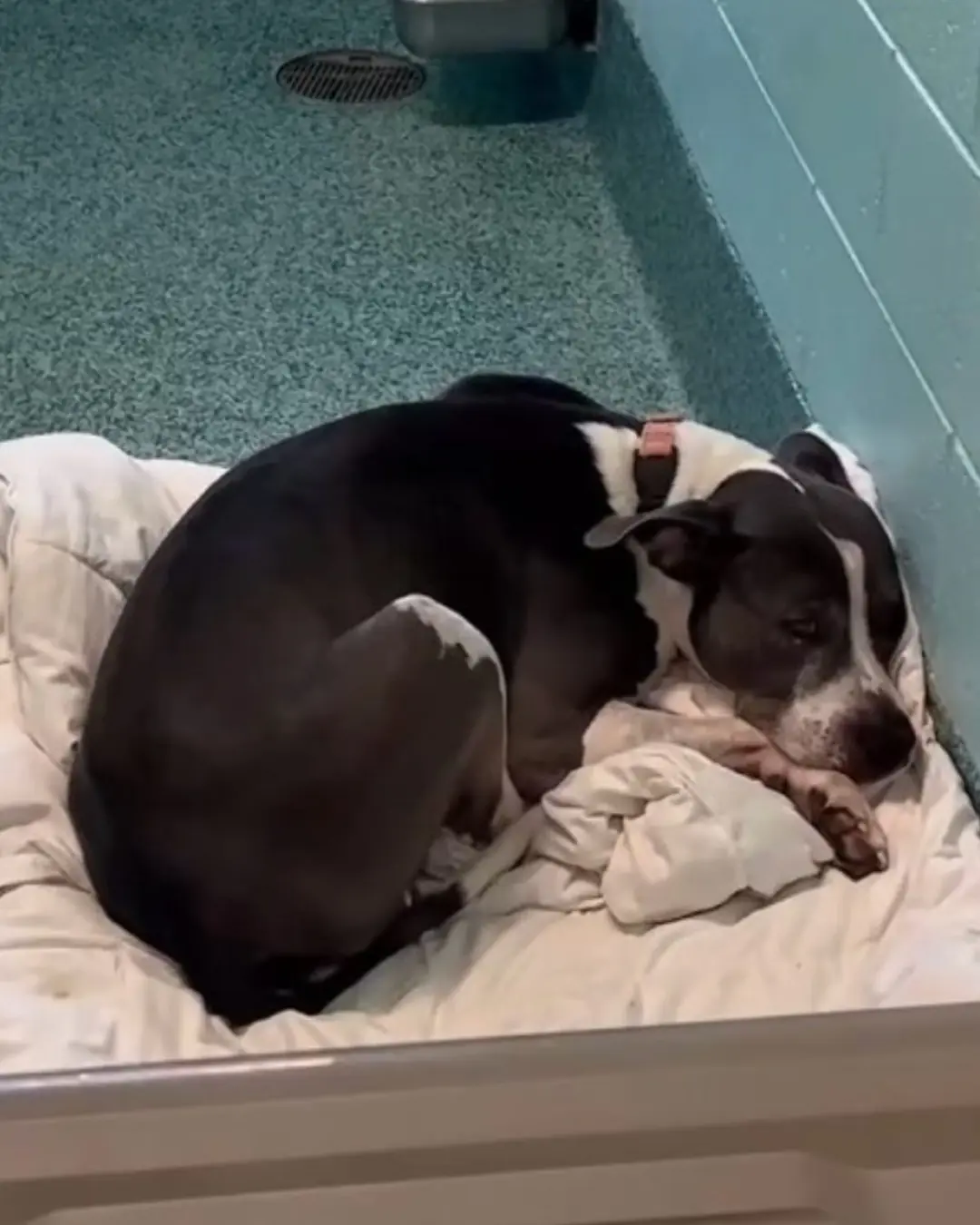
Three Years of Waiting: The Shelter Dog Still Hoping to Be Chosen

Lamb’s Quarters/Wild Spinach a superfood with health benefits

Powerful Cinnamon, Ginger, Bay Leaves, and Cloves Drink: Health Benefits & How to Use It
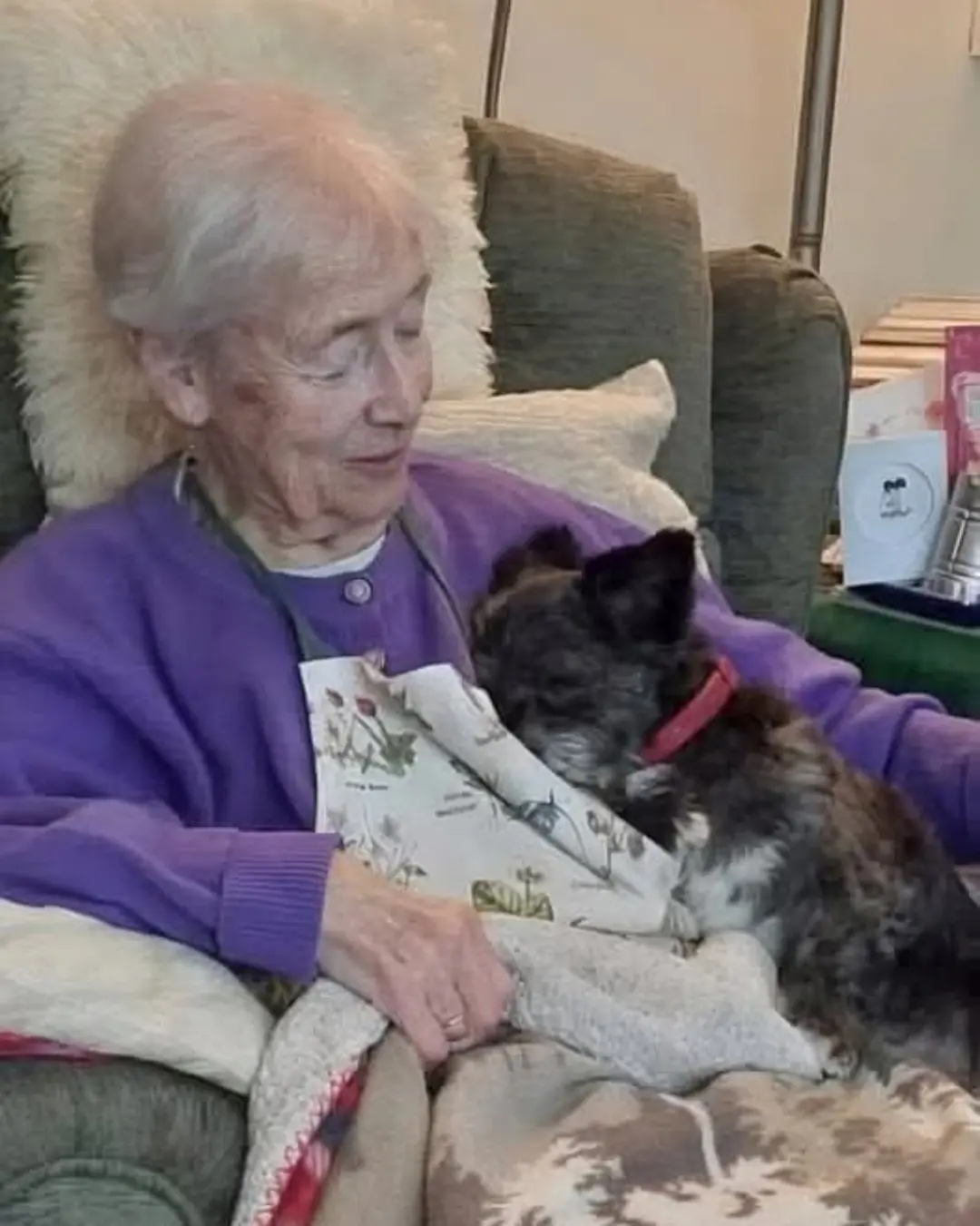
At 89, She Thought Her Dog Days Were Over — Until a Special Rescue Changed Everything

7 Benefits of the Miracle Leaf of Life

A Parent’s Love Beyond Blood: Celebrating the Unspoken Bond with Pets

7 Benefits and Uses of Ageratum conyzoides

The Hug of a Cheetah.

A Farewell Among the Flowers.

First Steps: A Baby Elephant’s Fight to Stand.

3 extremely simple tips to remove odors right after cooking in the kitchen
